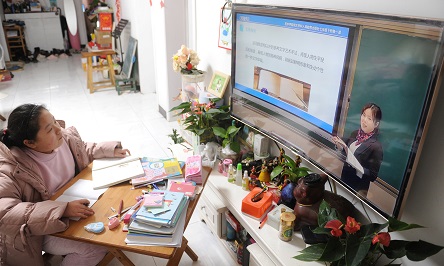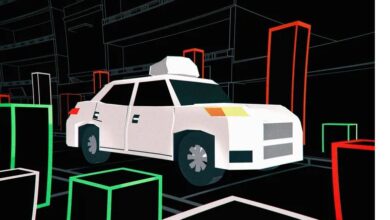
Covid-19 has undoubtedly changed the education system across the globe. Most countries had to develop innovative strategies to cope with the situation. Yet, it seems like the remote learning trend became most schools’ response to continue working despite the pandemic. It was the best way to protect students and teachers from the virus.
However, remote learning wasn’t enough to solve all the challenges and difficulties that the pandemic caused in the education industry. Today, we’ll discuss some of Covid-19’s consequences on our education system.
Online Learning
Remote education was the best solution to overcome the educational crisis we had at the beginning of the pandemic. Many schools had to shut their doors to avoid spreading the virus in their institutions. Every member of the schools would be at risk if they continued to teach as they regularly did.
However, with remote education, students would continue with their classes without being exposed to the virus. If we go back in time, we’ll notice that online learning was already common in the education industry. According to Education Data, 4.6 million students had online classes in 2017. Therefore, some students were already familiar with distance education.
Besides avoiding exposure to the virus, remote education also has other benefits, such as increase interaction with technology. Schools that invest in high-tech software will help students develop tech literacy.
Most schools invest in tech tools such as anti-plagiarism apps, online conference software, or online classrooms. In fact, according to the Globe-News Wire, the anti-plagiarism market will hit more than $2 million by 2027 due to remote education.
Challenges of The Pandemic
Although remote education has been the most feasible way to continue studying, it has also brought some challenges for the education industry. The first thing we need to know is that online learning isn’t for everyone. Not all students can engage with online classes. Some of them may get distracted at home or just don’t feel committed to their education.
Another aspect we should mention is the difficulties that some students with low-economic resources face. Not all students have a computer, and some of them may not even have Internet access. This makes it harder for them to continue their education. In fact, according to a United Nations report, 86% of students with low financial income have dropped out of school.
This is a very alarming number that makes us wonder about the idea of returning to schools. Besides, it’s also important to mention how the pandemic is affecting students’ yield. Academically speaking, students won’t have the same cognitive level as they should this year. This is because they won’t be developing their skills as they should with traditional education.
Although some subjects don’t require in-classroom lessons, others have indispensable practices to master the necessary skills. Teachers must understand this and be patient with their students’ productivity as this isn’t a regular year.
Possible Solutions in the Future
Even if we don’t have another pandemic soon, schools must become pandemic-proof. They must develop strategies that allow them to continue providing a seamless and inclusive education for their students.
Soon, schools will reopen, but they must implement different techniques to protect their employees and students. Below you’ll find some of the things that the UN recommended for the education industry.
Build resilient systems. This means that they must have different solutions for several scenarios. They must also invest in web development and other tech essentials to improve their IT system. This will help them become inclusive and provide equal education regardless of the students’ financial situation.
Mix remote learning with traditional education. To avoid having too crowded classrooms, some schools will need to implement this, at least at the beginning.
Sanitary measures. Even after the pandemic ends, schools will still need to implement strict sanitary standards, such as providing students with alcohol and encouraging them to get the vaccine.
Conclusion
It’s admirable how many schools managed to continue providing education to their students regardless of the situation. Remote education was the best option for most students, but some weren’t as lucky.
The education system still needs to develop strategies to provide more inclusive education for students regardless of their financial income. Besides, we need to know that remote learning might not be entirely over even after the pandemic. Many schools will probably continue implementing this model for a while.





